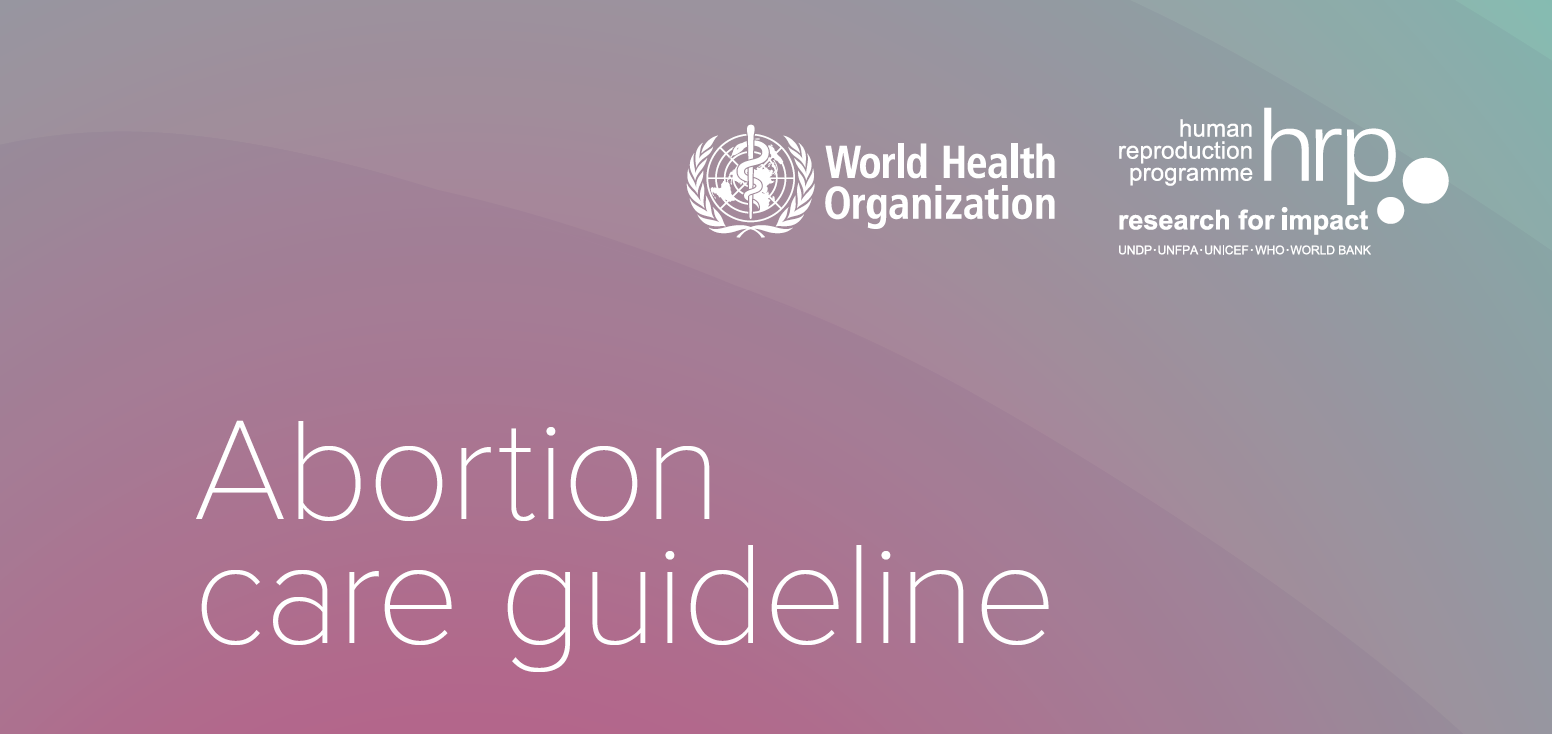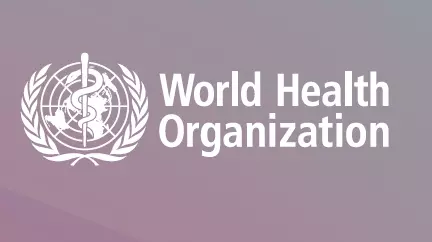WASHINGTON, DC (C-Fam) Last week, the World Health Organization (WHO) released an updated abortion guideline in which it recommended telemedicine abortion, the removal of all legal and policy barriers to accessing abortion, and restrictions on the conscience rights of health workers.
The pro-abortion Center for Reproductive Rights hailed it as the WHO’s “most progressive guidance to date.”
In particular, the guidance recommends “the option of telemedicine as an alternative to in-person interactions with the health worker to deliver medical abortion services in whole or in part.” While this recommendation is new, it is in keeping with the WHO’s past recommendations to expand the pool of abortion providers to include nurses, midwives, and even patients themselves, and to promote abortion as a form of “self-care.”
[Click here to subscribe to Pregnancy Help News!]
At the onset of the COVID-19 pandemic, the WHO included “comprehensive abortion care” in its list of “essential health services,” encouraging governments to expand the provision of telemedicine abortion to ensure its availability during lockdowns.
The fact that abortion is not an internationally recognized human right is ignored by this guidance, despite decades of failed attempts to create consensus around the creation of such a right. Instead, the guidance draws heavily on the work of treaty monitoring bodies and special rapporteurs working under the Office of the High Commissioner for Human Rights. The strategy to insinuate a right to abortion into international human rights law through expert opinions began in the wake of global agreements by governments establishing that abortion was not a right and that its legal status was for individual countries to determine.

In its new guidance, the WHO has abandoned all semblance of adhering to that consensus, instead recommends the full decriminalization of abortion and further recommends against “laws and other regulations that restrict abortion by grounds,” urging that it be “available on the request of the woman, girl or other pregnant person.” It also recommends against gestational age limits, which are common even in countries where early abortion is freely available.
Other restrictions on abortion, such as waiting periods, spousal or parental consent requirements, a need for authorization by any other third party, or the requirement of an ultrasound prior to abortion, are similarly denounced.
With regard to conscientious objection by health care providers, the guidance recommends that it be restricted so as not to impose any barrier to accessing abortion, adding that if such restrictions are impossible, “conscientious objection in abortion provision may become indefensible.”
Tweet This: The World Health Organization's updated abortion guideline urges telemed abortion and restrictions on conscience rights of health workers.
As the WHO continues to expand its pool of potential abortion providers from doctors to all levels of medical practitioners, the number of people seeking conscientious exceptions from involvement with abortion also increases. This guidance also “suggests” that pharmacists and pharmacy workers should be included among abortion providers. Prior WHO guidance had recommended against this.
The guidance also mentions the fact that abortion-inducing drugs had been moved to the “core” WHO essential medicines list in 2019, and the prior requirement for “close medical supervision” had been removed. It recommends these drugs be included in national essential medicines lists as well.
This guidance, which updates the previous WHO recommendations on “safe abortion” from 2012, marks yet another step by the global health agency away from international consensus and the accountability that comes with it, in favor of aligning itself with independent experts who for decades have disregarded the boundaries of their mandates.
Editor’s note: Rebecca Oas writes for C-Fam. This article first appeared in the Friday Fax, an internet report published weekly by C-Fam (Center for Family & Human Rights), a New York and Washington DC-based research institute. This article appears with permission. Heartbeat International manages the Abortion Pill Rescue Network and Pregnancy Help News.






